-
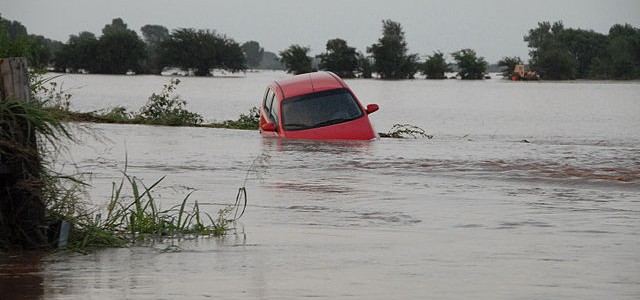
This week is the average peak season for flooding in Georgia, and the National Weather Service office is marking this week as the 2021 Flood Safety Preparation Week. Flooding kills more people than any other kind of severe weather, and most of it is caused by poor behavior when people drive their cars over flooded…
-
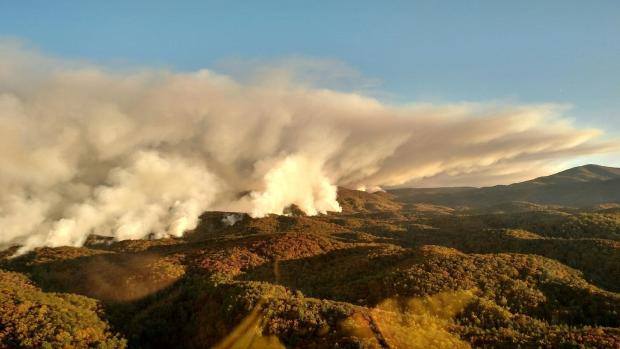
Have you ever heard the term “flash drought” and wondered where it came from? It turns out that it has only been around for about 20 years, but is being used more and more to describe a drought that comes on quickly and severely. If you are interested, you might like to read this article…
-
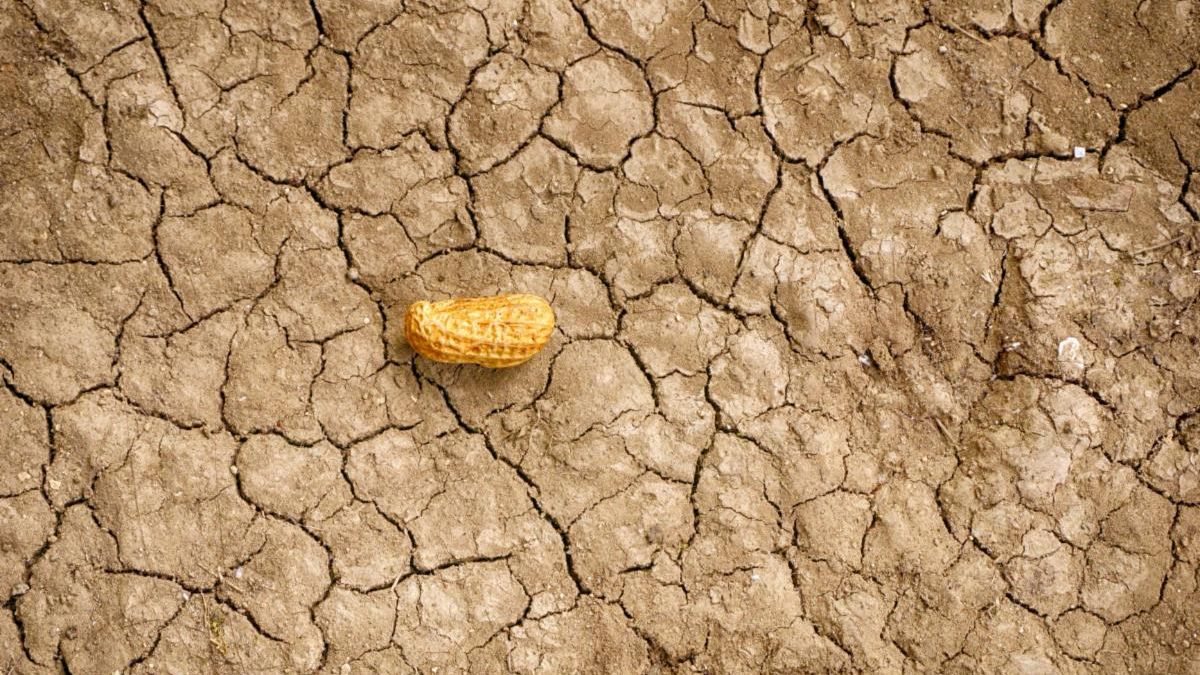
Southeast Climate Monthly Webinar + Spring Flood Outlook Tuesday, March 9, 2021 at 10 am ET/9 am CT Join us for the Southeast Climate Monthly Webinar! These webinars provide the region’s stakeholders and interested parties with timely information on current and developing climate conditions such as drought, floods, and tropical storms, as well as climatic…
-
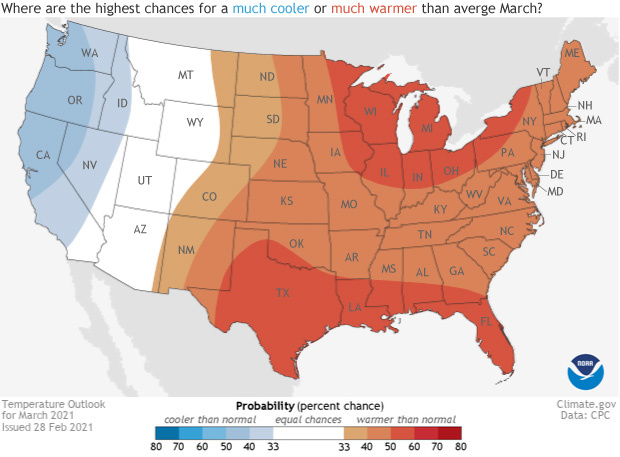
I don’t think I have posted the outlook for March yet. Here is an article from Climate.gov that explains their March 2021 outlook. For the eastern half of the country including the Southeast, temperatures are more likely to be above normal, while precipitation will be more variable, with Florida expected to be drier than normal…
Posted in: Climate outlooks -
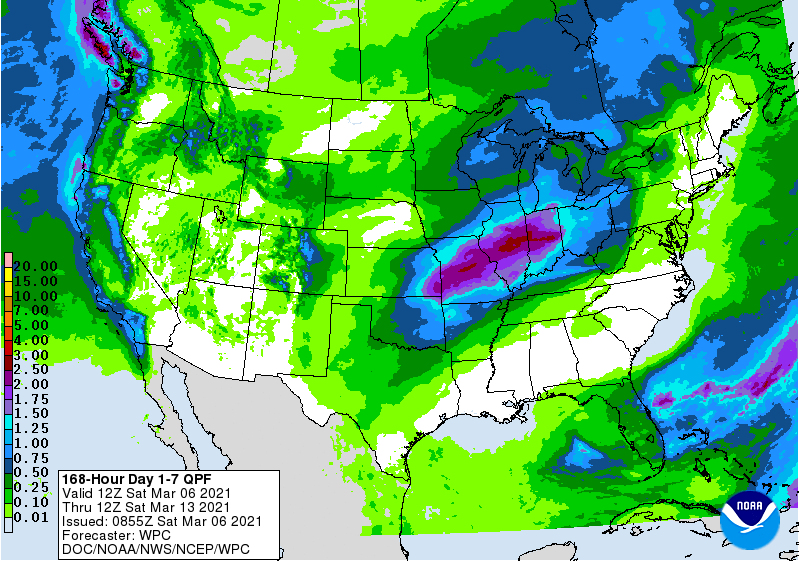
In a switch from the weather pattern for the past few weeks, the heaviest rain this week is expected to be in Florida, with little to no rain expected in most of the rest of the region. Some areas in northern GA and AL are now starting to look a little dry, and there is…
Posted in: Climate outlooks -

If you’ve been reading this blog for long enough, you know that March is the month that we go cuckoo for CoCoRaHS! For those who don’t know, the Community Collaborative Rain Hail and Snow network is a group of citizen scientists who collect daily rainfall using an official CoCoRaHS rain gauge and report it on…
-

Here is an educational resource for middle school teachers and others who work with kids that age. The U.S. Environmental Protection Agency, in partnership with six other federal agencies—National Park Service, U.S. Fish and Wildlife Service, NOAA, NASA, U.S. Forest Service, and Bureau of Land Management—developed a kit to aid educators in teaching how climate…
Posted in: Climate science